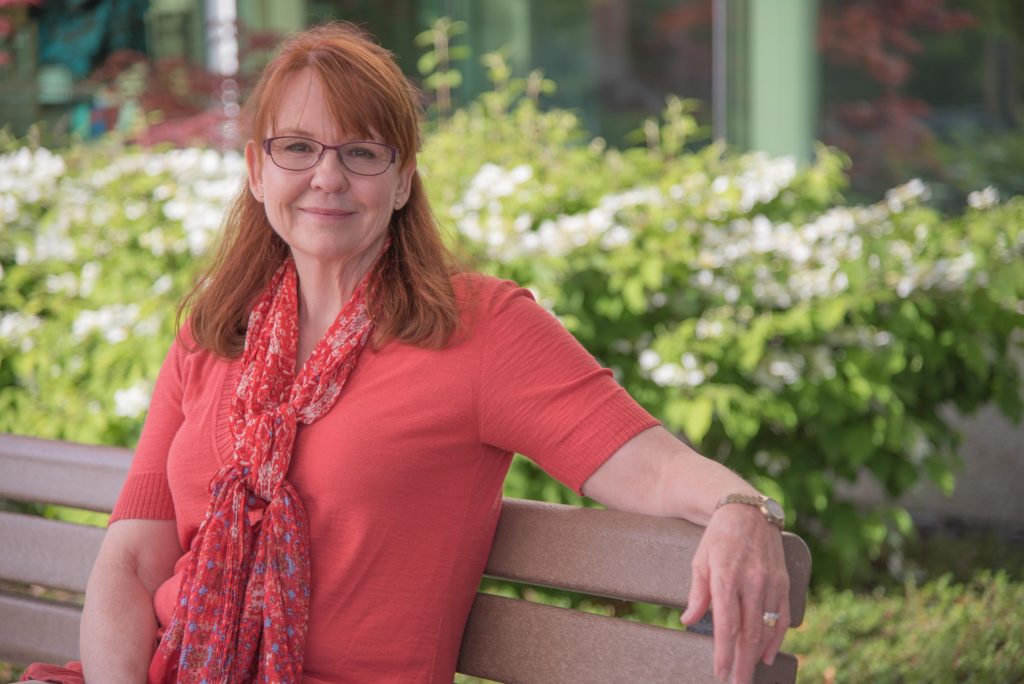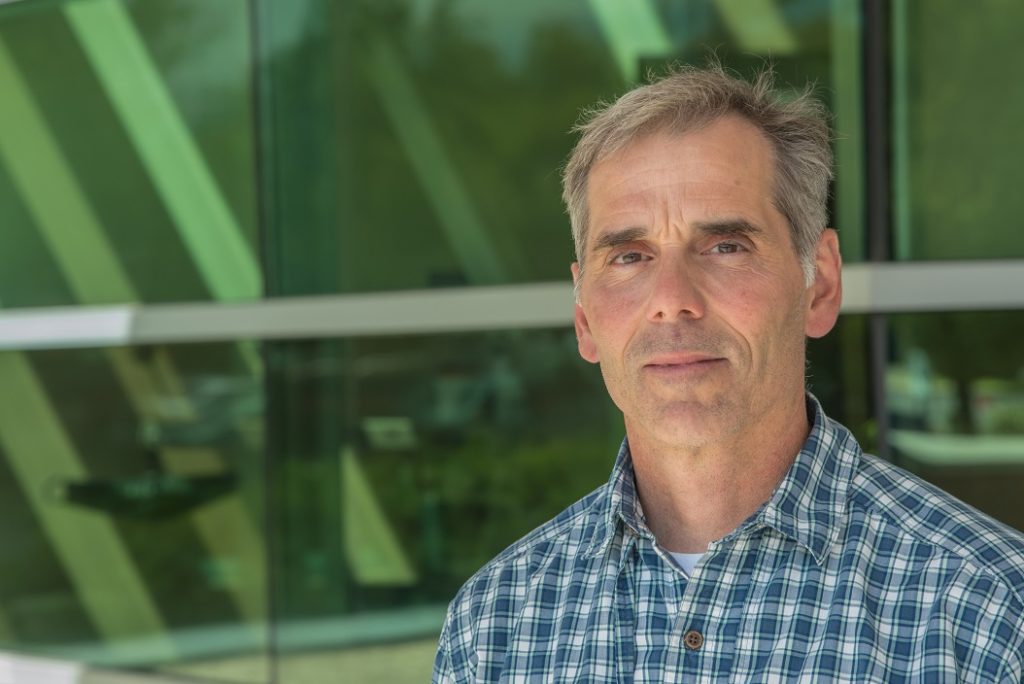
Long before she helped launch KVH Wound Care, Mary Nouwens grew up on a ranch. Among her favorite things to do was to help her father treat injured or sick cattle.
“I like science,” she grins, “and I believe people have a God-given bent to what they like.”
As an adult, she moved from cows to sheep when her children were small. She enjoyed treating the sheep when they needed medical attention. But once her kids were grown, Nouwens’ dreams of becoming a veterinarian shifted. “I wanted to serve people,” she says.
And off to nursing school she went.
Nouwens went on to earn a Master’s of Science in Nursing from Washington State University. She joined the provider team at Community Health of Central Washington. “It was a wonderful experience,” says Nouwens, who had no intention of leaving the clinic – until KVH moved forward with plans for a wound care service at KVH Hospital.
In August 2018, KVH Wound Care launched with Nouwens on board. She wasn’t surprised when things took off quickly and didn’t slow down: “Before this service started, the closest one was in Yakima.”
What is Wound Care?
While people treat their own superficial wounds with a bandaid and some antibacterial ointment, the treatment of chronic wounds (which take more than two weeks to heal) requires a skilled team with a focused treatment program.
“We see such a variety,” says Nouwens, including post-surgical wounds and diabetic foot ulcers. Patients visit Wound Care over a period of several weeks to months depending on outpatient treatment.
“When a wound becomes chronic, the makeup of the wound changes,” says Nouwens. “There’s an increase in white blood cells call neutrophils which try to clean up the wound and fight any bacteria that would want to colonize there. That keeps the wound in an inflammatory state.”
Often, the work of the wound care team is to take an inflamed wound back to its original condition through a clearing and cleaning process. The team then uses a variety of tools to accelerate healing. “We have so many specialized tools,” says Nouwens. “Alginates and collagens, special hydrofiber foams, wound vacs, and more.”
Each patient visit lasts about 30 minutes, giving staff time to talk with patients about managing their conditions as (for example) the patient’s dressing is changed. Wound Care stocks a variety of materials on wound care and prevention. “We try to provide education every time.”

Beyond the bandages.
Nutrition is a frequent topic of wound care education, especially for patients dealing with complications from diseases like diabetes. “Nutrition is critical,” agrees Jim Gallagher, Director of Food & Nutrition Services at KVH Hospital. “It can reduce inflammation and also provide the necessary elements to produce new tissue for wound healing.”
Wound Care refers patients to Gallagher for nutritional services. Recently, “a patient got her dressings changed while we hung out for about half an hour and talked nutrition,” recalls Gallagher. “I want people to leave with a plan, so they know what they’re going to eat, and what they’re going to do. We pencil out a menu they can use.”
Based on individual patient needs, Gallagher often assigns more targeted therapies including certain vitamins, minerals, and amino acid supplements that can aid in healing. But for some patients there is also an underlying behavioral issue to address.
When it comes to diabetes, “some people just need to get ‘lean and mean,’” says Gallagher. “Others need to make sure they protect their feet, and take precautions to avoid wounds because they can they can be difficult to heal.”
“I’ve seen patients with Type 2 diabetes lose 40, 60, 80 pounds, and their diabetes disappeared completely,” says Gallagher. “Others had the symptoms disappear, but still needed to maintain preventative practices. Even elderly patients with Type 1 diabetes, if they eat right, stay active, and take their insulin when they should, may show very little ill effects from the disease.”
Positive changes start with attitude, believes Gallagher. “If you’re thinking about it, realizing you have a problem and you want to do something about it, that’s something we can definitely work with.”